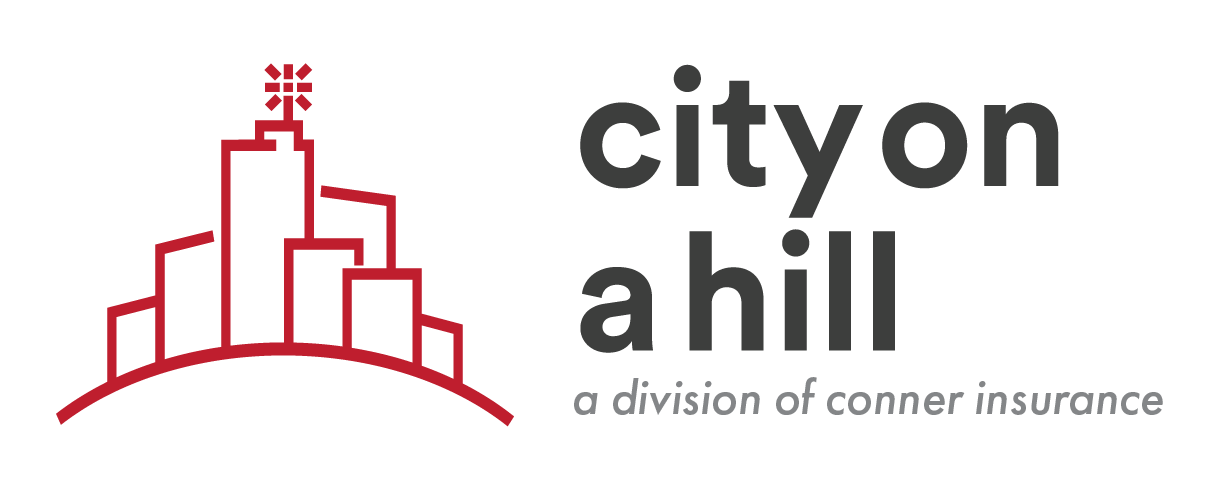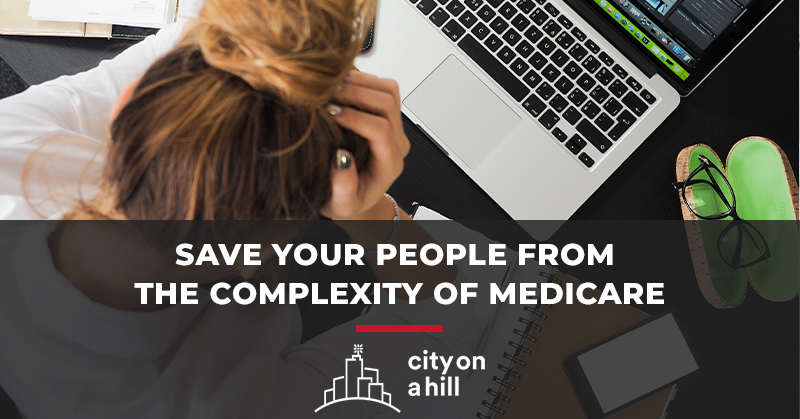You’ve got to be able to trust your broker. In today’s business world if you want to do something different with your benefits program, you need to trust that your broker knows what they’re doing. If not, your school board could unknowingly end up on the losing side.
In 2013, University of Louisville fans, coaches, and players believed they played a flawless game, winning them the NCAA championship. But it turns out they didn’t. Some of the team members were exhibiting dishonest behavior and as a result, the title was vacated.
A title that could have been advantageous to the lives of each player, coach and the University as a whole. Don’t let this happen to your school, to your staff. If you can’t trust your broker to make beneficial suggestions, based on your unique workforce, you can’t trust your benefits program is ideal for your school.
Trust is a delicate balance.
Knowing if your broker is truthful can be difficult to assess. The relationship between you and your broker should be transparent with strong, consistent communication. Be wary of people who stretch the truth or give immediate answers to all of your questions.
We have been talking to a CFO who is facing this challenge. He knows there is a problem, but without a trusted advisor to help, he is attempting to navigate the healthcare industry largely on his own. This has introduced complications and friction in the renewal process, because healthcare is not the CFO’s expertise.
Managing your benefits program alone is not a feasible option for many employers, as benefits can be extremely difficult and time-consuming. That’s why having a trusted broker on your side to help you make decisions for your school and your people is important. You need someone who takes pride in providing the best for their clients.
Where to begin.
To determine the culture of your broker, you need to set expectations, ask questions, initiate conversations and consider answers carefully. A request for proposal (RFP) process is a tool some employers utilize because it will allow you to examine prospective insurance brokers. However, this process should not be used alone because it doesn’t give you enough insight into how your potential broker operates and you could fall short of your goals.
Some key considerations and questions that you should focus on when assessing the relationship between you and your broker are:
- Consider your business’s process and what you expect from your broker. How do they impact the bottomline? How do they build a strategy?
- Talk about where you’re uncomfortable or where you are confused in your plan. A good broker can propose new, bold and exciting options, so be sure you fully understand the mechanics, not just the salesmanship.
- Ask for clarity on both sides. Where do they contradict? Where are they similar? Don’t immediately agree with what the salesperson promises in a single meeting.
- Accountability and transparency should be tied to everyone involved, including your broker. How are they compensated? How are they held accountable for their promises? How is their performance measured? What happens when they succeed? What if they fail?
- Start this process, and examine these matters a year or more ahead if you can.
New transparency rules will help you trust your broker is doing what is best for your school. The rules require brokers to disclose compensations they receive, which will give you a better idea about where recommendations are coming from.
The rules also come with an additional set of rules for employers, rules that make you responsible, emphasizing the need for a trusting relationship with your broker. Learn more about these regulations here.
Something to keep in mind.
A great broker should be an asset to your school. You should be able to rely on them to keep your plan updated with new regulations and rules. They should be able to introduce new options and have recommendations about ways to engage and educate your staff about your benefits program.
But, be wary if your broker has all the right answers right away. A lot has changed over the past eighteen months, so someone who has all the right answers could be stretching truths.
University of Louisville may have won the 2013 NCAA, but the success was short lived. The team has been left with only a memory of a tremendous title due to dishonesty and poor decisions. You need to have a trusting relationship with your broker or you could be left with benefits that don’t represent your school.
You deserve to have a broker that is open and honest with you. Ask the right questions and don’t settle for all the right answers.








